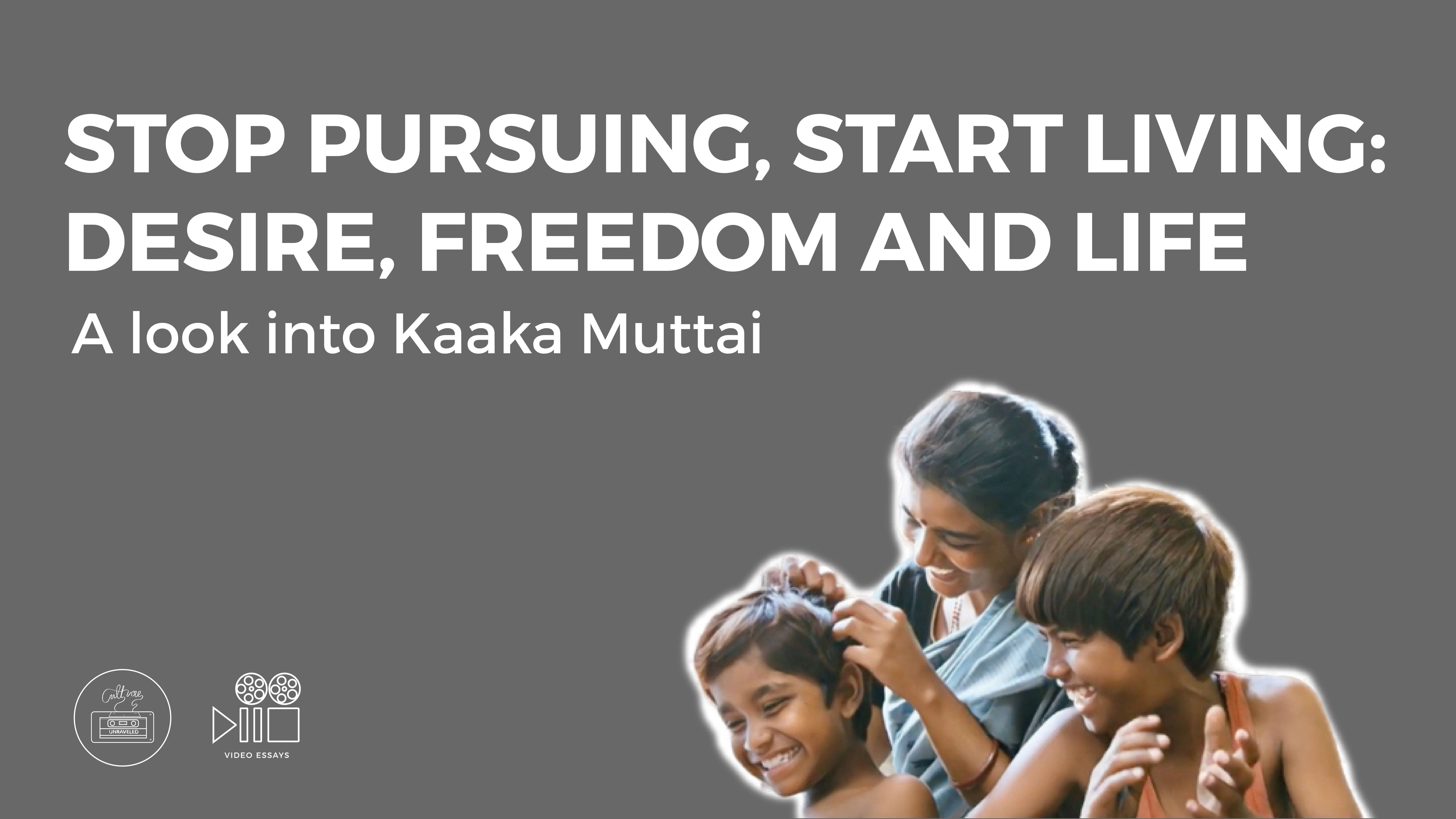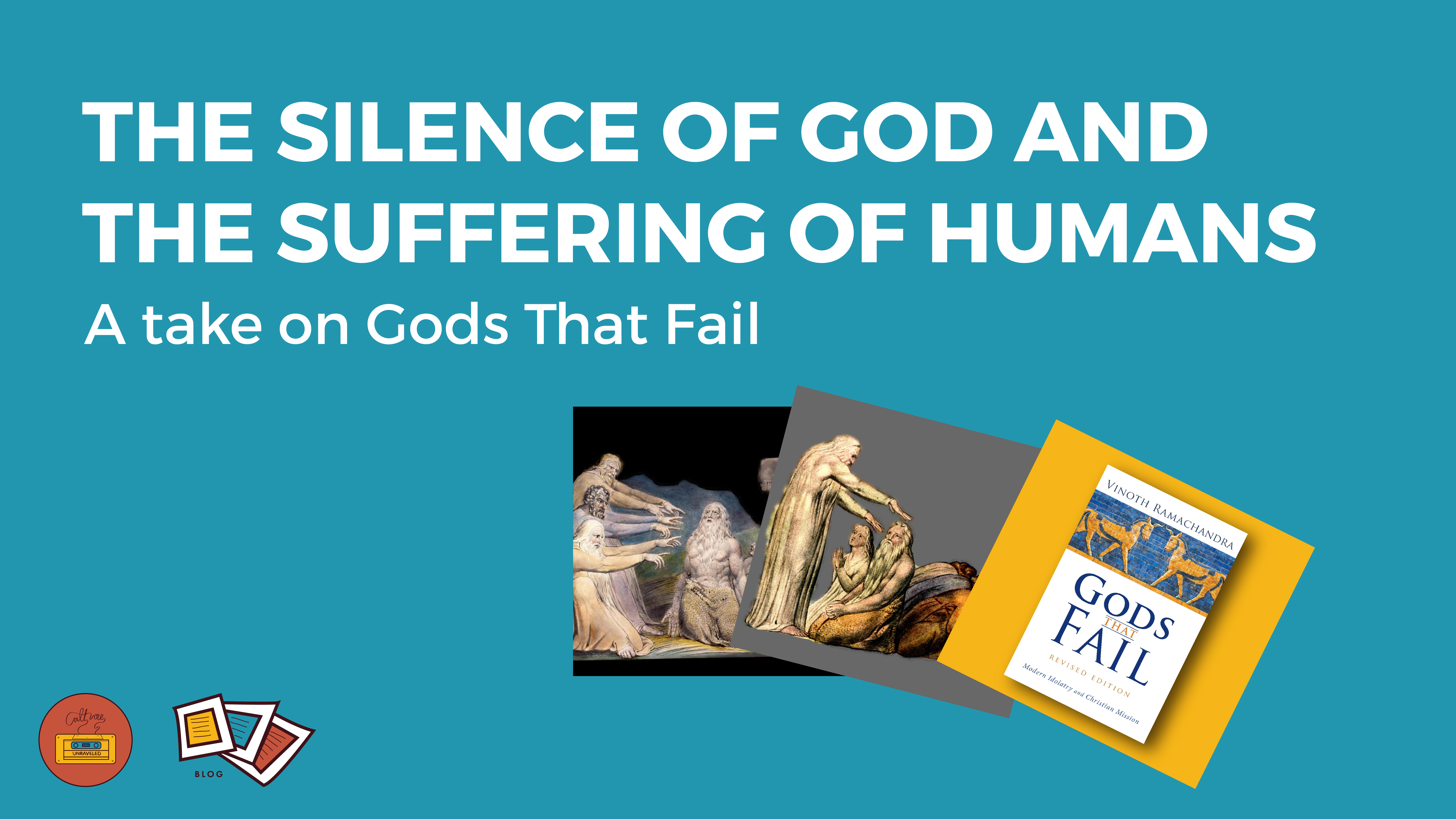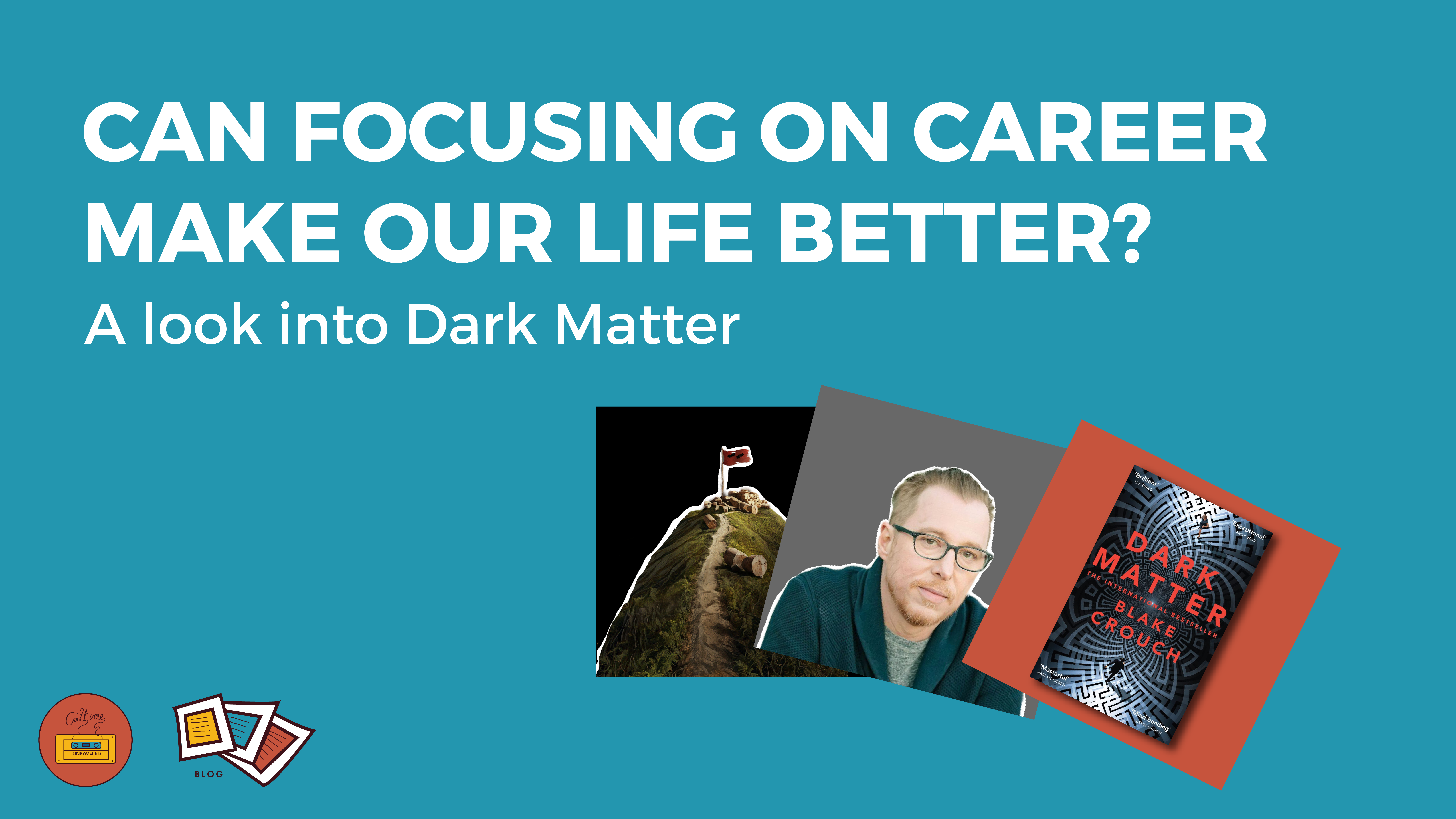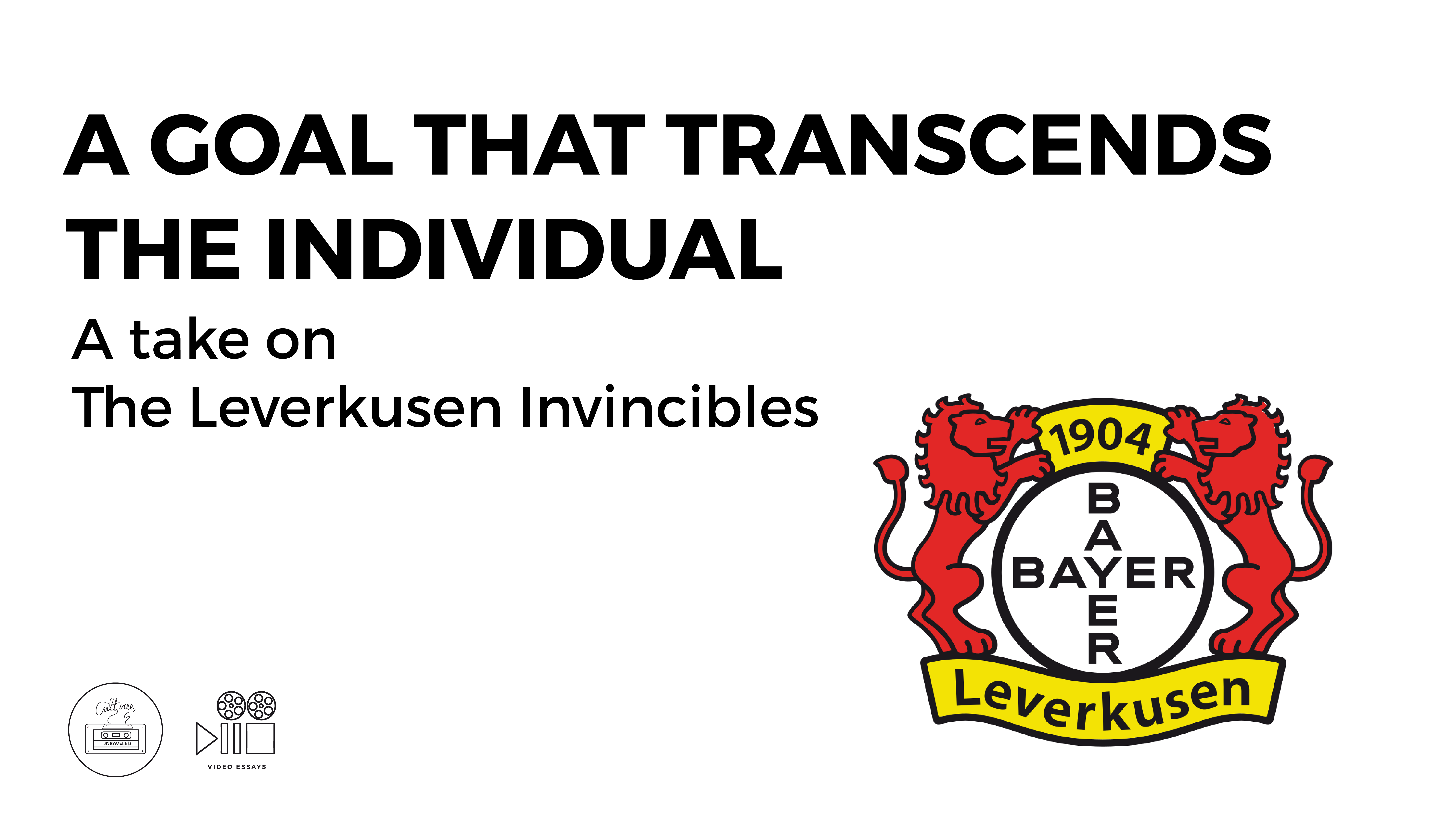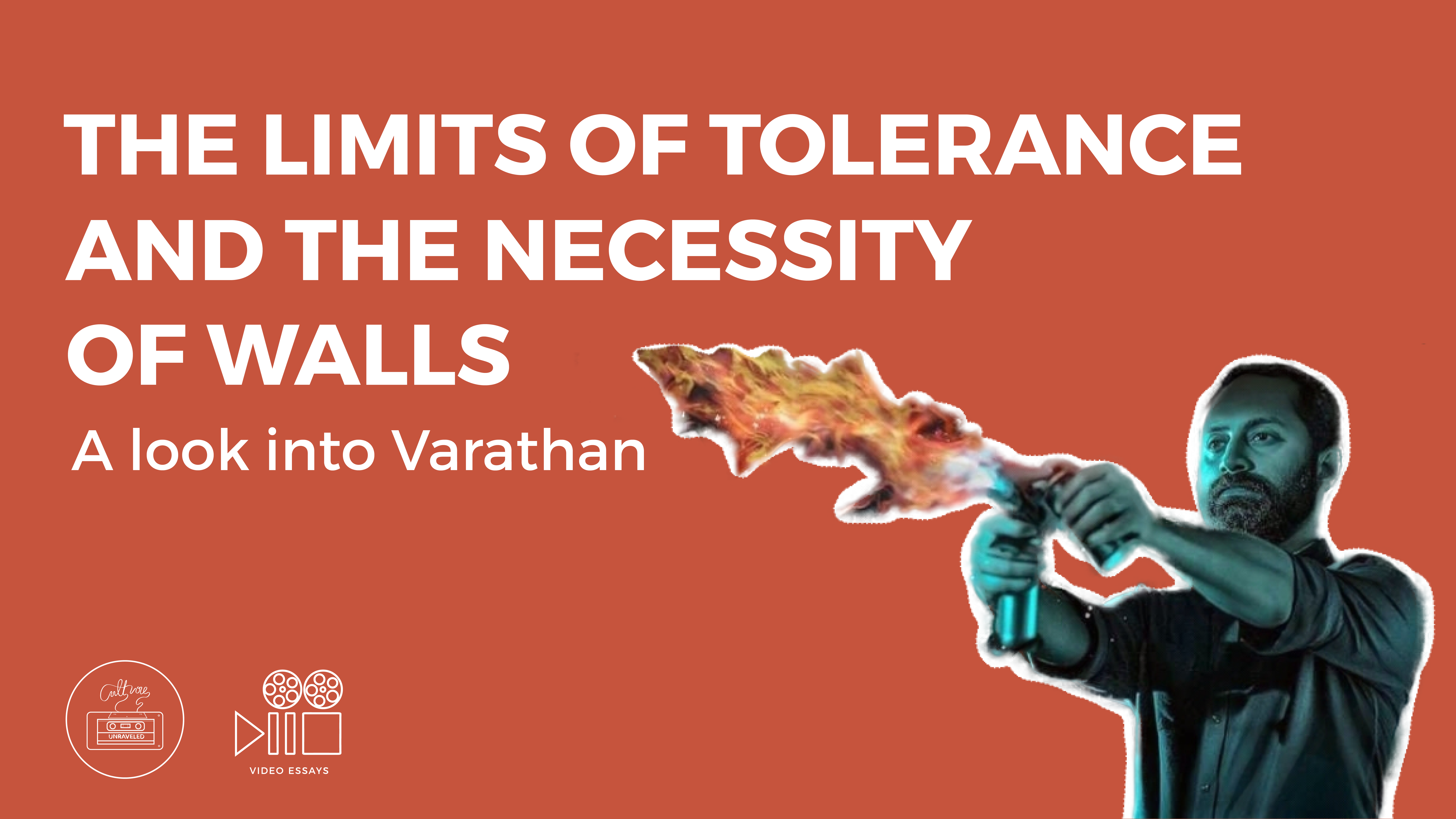
- Do we need to care for our bodies?
To celebrate World Health Day 2024, the World Health Organization opted for a theme that goes like this: ‘My health, my right’. The WHO chose this theme to support the rights of every individual to have access to health services, safe drinking water, clean air, good nutrition, education and information, and many other necessities that significantly impact one’s body and their health. Given that the health of millions of people is under increasing threat in our contemporary world, the WHO recognised the importance of championing the rights of people to overcome these threats and experience better health and well-being.
While the organisation’s theme for this year has signalled an important concern in our contemporary world, it also sheds light on our cultural perceptions of the health and well-being of our bodies. A question that surfaces is this: what is the purpose of caring for the health and well-being of our bodies?
Popular reasons why it is important to take care of our bodies revolve exclusively around its benefits for individual well-being. These reasons suggest that a person’s physical health is purposeful solely for their individual selves. In other words, taking care of one’s body is primarily a self-serving purpose. For instance, one ought to take care of one’s body so that they can increase their productivity, remain fit and active, feel rejuvenated and become more mindful, or even strengthen their relationships. Given that relationships are vital to our survival, caring for the health of our bodies, especially for this purpose, is crucial. However, we must consider if the reasons for paying attention to our body’s health go beyond our need to fulfil our self-interests.
To understand if the purpose of caring for our health goes beyond meeting our self-interests, we must ask the following question: What are our bodies meant for? Answering this question from a biblical perspective will help shed light on the importance of and the need for caring for our bodily health and well-being.
According to the Bible, God made Adam in His image and established a close relationship with this created being. Adam was not alone, as God placed him in a garden with other creatures that were made of flesh and blood. Yet Adam was qualitatively distinct from them, due to which he could not find a suitable mate for himself among any of these other creatures. The aspect that distinguished Adam from these other creatures was that God endowed his fleshly body with a spirit. As a creature with a body and a soul, Adam was unique in that there was no other creature like him. Only when God made Eve, who was like Adam in every way yet different from him in a complementary manner, did Adam find a suitable mate.
John Paul II, the Catholic theologian who developed a ‘Theology of the Body’, explains that Adam was truly fulfilled when he lived in a mutually self-giving relationship with Eve. As body-soul creatures, it was only when Adam and Eve gave themselves to each other that they found true satisfaction and well-being. As bodily creatures, Adam and Eve lived meaningfully and well, not when they existed with each other but ‘for’ each other. In other words, the purpose for which they lived as creatures with a soul and body was for the sake of others.
In light of the biblical perspective, caring for our bodies then is for a self-giving purpose. If we are meant to live as bodily creatures for the sake of others, then the efforts that we make to care for our health and well-being must serve this purpose. As our productivity, fitness, mindfulness, and strength for interpersonal relationships increase, our desire to use these benefits for the sake of others is the way to sustain wellness and contribute to flourishing.
Overall, we ought to remember that our investments in our physical and mental health are fruitful, not when we achieve them for our isolated selves but for the sake of other people. By living for others as bodily creatures, we uphold the interconnectedness of human existence, which is vital for our flourishing as human beings. As the theme ‘my health, my right’ chosen by the WHO for World Health Day 2024 highlights the right of every individual to have access to good health, the biblical perspective turns our attention to go beyond mere self-interest in caring for our bodies.
- Survival or worship: What’s the purpose of education?
Simon Sinek, a British-American author, motivational speaker, and organisational consultant, talks about the purpose of education as teaching students how to become more human. He states this notion by arguing against the idea that artificial intelligence is going to replace the need for human interaction in education. His idea is that humans like social interactions more than virtual ones, and this interest would keep us from overdepending on AI for learning. And since we are social beings who learn from observing and interacting with other people, the role of education lies in whether we learn how to communicate properly with each other and treat each other with empathy.
Moreover, he also argues against the idea that grades are the measure of learning. While he does not deny the importance of testing our knowledge based on certain metrics, he endorses the idea that the measure of one’s knowledge must go beyond the grades they achieve in school and must be tested on one’s ability to be curious, observant, and analytical. So, education plays a key role in forming us into people who learn to be curious about our world and can survive its complexities by reasoning ourselves in and through it.
On the other hand, D.A. Carson, a renowned theologian and biblical scholar, speaks of the purpose of education as knowing God through Jesus Christ. He argues that there is nothing more important in this world than to know God, because it will not profit us even if we gain the whole world but lose our own soul. Moreover, knowledge of God is not merely for its own sake but must be combined with personal faith that displays itself in how one conducts their life. The role that education must play lies in whether we are being formed into God’s image or not. To be conformed to the likeness of the Son of God is the goal. And the process by which this could possibly happen is through the Holy Spirit and participation in the body of Christ.
One of the ways such transformation outworks itself is by making us a discerning people in the midst of a world with complex and often paradoxical realities. For instance, the question of whether it is wiser to stay in public schools for education or whether one should build independent Christian schools is up for debate, as the social realities differ widely in an American context from an Indian context. It goes beyond merely posturing ourselves to be curious, observant, and analytical. It requires a dependence on the Holy Spirit to use wisdom and discernment to tackle these issues for the sake of our love for God and people.
For Sinek, the purpose of education has a moral contingency in that it must enable us to become reasoning and empathetic human beings. According to Sinek, this is what it means to become fully human, and education plays a role in accomplishing this goal, even as it prepares us to live in a complex world with skills that will enable us to survive in it and with others. Moreover, Sinek is mostly concerned with scientific and technological education, which may rule out religious or theological education. On the other hand, for Carson, the purpose of education does not merely depend on us becoming better human beings who are capable of empathy, but on our transformation into Christ-likeness. According to Carson, the purpose then is not merely to become fully human but to become people who fully reflect God’s image, so that we live not just to survive but to glorify God. And this could be done through education that ranges from learning the Scriptures to studying the natural world.
Although Sinek’s view of the purpose of education has significance, it does not touch on the idea that we are God’s image bearers and not merely creatures of instinct and reason who ought to make their way in this world to survive. And as people who bear God’s image, Carson rightly indicates that we are creatures endowed with the capacity to reflect God’s character even when our survival is threatened. His view suggests that the purpose of education is not merely survival through treating others with empathy but worship of God through reflecting His character. This means that all learning must enable us to treat people not merely with empathy but with a deep love that comes only from God. And it applies to education of all sorts, be it in the sciences, humanities, art, or theology. Therefore, the purpose of education is twofold, with Sinek’s view underscoring only the moral dimension of education and Carson’s view emphasising that these moral capacities we develop through education must ultimately lead us to reflect God’s character for God’s glory.
- The Power of Words and the Word of Power
To celebrate the power and significance that words have over our lives, Simon Gibson founded ‘World Speech Day’ in 2015 at the Athens Democracy Forum. The purpose of celebrating speech is to empower individuals to express themselves freely and share their ideas that could potentially have the capacity to inspire others. The significance of this day, which is officially celebrated on March 15th every year, is that it aims to bring people of different communities together as they share their unique perspectives with each other and even encourage people to take action, promote democracy, good governance, and human rights. In light of the significance of this day, it is important to understand why words are powerful.
First, words have the capacity to ignite curiosity and shape ideas. The words that we speak carry within them the potential to invite others to ask questions, inspire new ways of thinking and spark creative ideas to accomplish things. Second, words have the capacity to evoke emotions that can either empower or disempower us. The words that we speak can impact how we feel, often leading us either towards a downward spiral of negativity and victimhood or towards freedom and empowerment. And their effect extends to those whom we speak with and interact with in our daily lives. Third, words have the capacity to call people to action. The words we speak can profoundly influence people to commit to specific goals and accomplish specific purposes.
While words are powerful in these ways, sometimes some words carry more weight than others, depending on who speaks. If some words are more powerful than others, then the focus must shift from our understanding of the power of words to a reflection on ‘words of power’. In other words, we must not overlook that prior to the powerful impact that words can have on us, the kind of power that we possess deeply impacts the words we speak. So, we must be able to reflect not only on how our words can powerfully influence others, but also on the idea that the power we possess determines our words.
The Bible speaks of how Jesus Christ holds all things by the ‘word of His power’. This means that God spoke all things into existence, and Christ is the ‘Word’ by which God created all things. Christ is God’s Word, by whose power all things came into being. The impact of Jesus’s words, then, does not merely lie in the fact that they influenced people in profound ways, but in the fact that it is His supreme power that vitalised what He spoke as He created and redeemed all things. This means that we ought to pay close attention to Christ’s words, not because they help us live as better human beings, but because it is only through the word of His power that we have life.
In relation to the word of Jesus’ power, the Bible also speaks of how the gospel has its impact, not when one speaks of it with words of eloquent wisdom but with a demonstration of the power of God. This means that the gospel’s influence lies not in our ability to articulate it with persuasive words but in the demonstration of God’s supreme capacity to give life. It is only in experiencing this life that we are empowered and able to speak words that influence and strengthen others. And a gospel-inspired speech impacts our beliefs about ourselves and others, how we experience the world, and compels us to act for the well-being of other people.
As we consider the importance of words and their power, we must also turn our attention to Christ, the source of creation and redemption, who truly has the power to give life as He speaks. In essence, as we contemplate the significance of words and their ability to shape our world, it is necessary that we remember Christ’s unparalleled power to give life through His words. Embracing this truth empowers us to speak with conviction, compassion, and purpose, and shapes the way we see and treat ourselves and the people around us.

